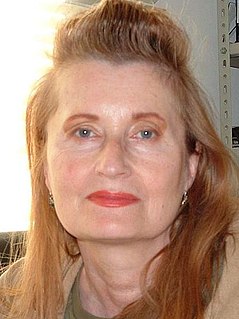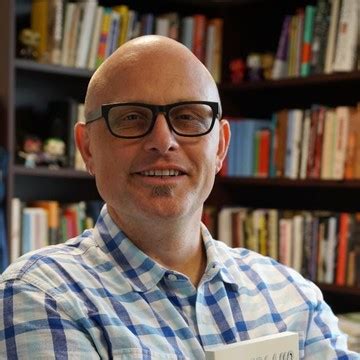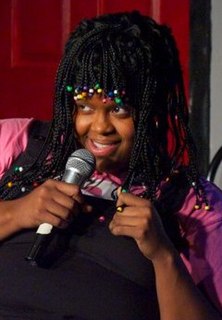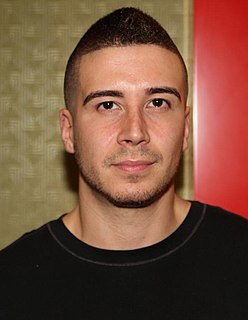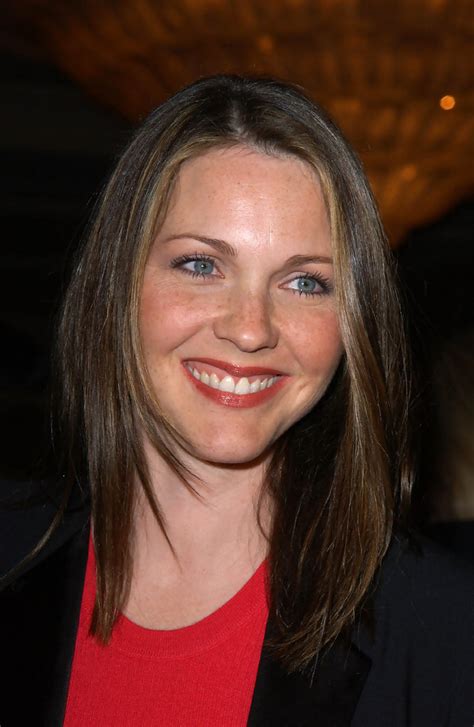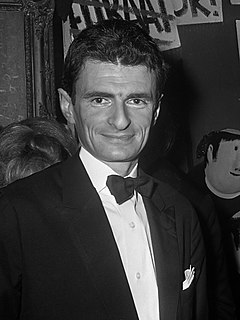A Quote by Elfriede Jelinek
My plays are made up of long monologues, which is similar to prose working with the language
Related Quotes
The etymologist finds the deadest word to have been once a brilliant picture. Language is fossil poetry. As the limestone of the continent consists of infinite masses of the shells of animalcules, so language is made up of images or tropes, which now, in their secondary use, have long ceased to remind us of their poetic origin.
Shakespeare is absolutely big in Africa. I guess he's big everywhere. Growing up, Shakespeare was the thing. You'd learn monologues and you'd recite them. And just like hip-hop, it made you feel like you knew how to speak English really well. You had a mastery of the English language to some extent.
